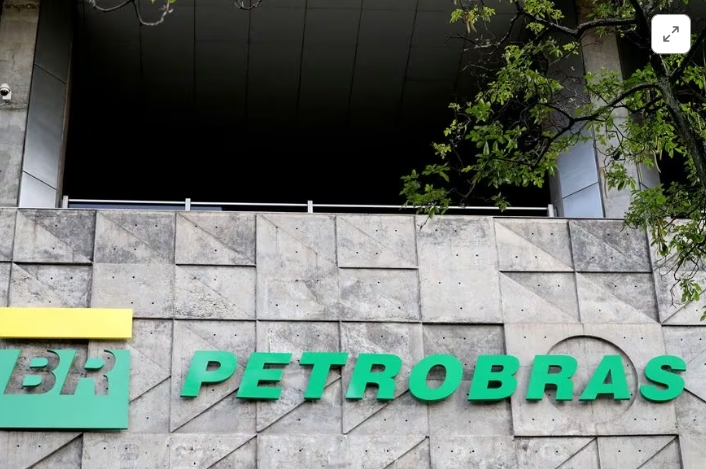
The company plans to invest around $102 billion during the period, which Prates called one of the largest investment plans in the company's history and a reversal in direction for Petrobras, now under Luiz Inacio Lula da Silva's presidency.
"Previously you saw a company with no future, not investing and paying exorbitant dividends," said Prates. "Now we are with our eyes and mind on the future."
Prates said Petrobras has a duty to expand its role in Brazil and become an energy company, and pointed to new investments into fertilizers and renewable energy.
By the end of 2024, Petrobras will resume operations at one fertilizer plant and by 2028 is set to complete construction on a second one, marking its return to the sector.
It will also work with firms it leased two of its other fertilizer plants to, helping them regain their profitability.
"Getting back again into fertilizers is not merely a return to the past, but it's looking at the future, as green fertilizers will be products of the future," said Prates.
Investment in fertilizers gained more strategic importance for Brazil and Petrobras after a supply crisis was caused by the war in Ukraine.
The firm also said it will invest $5.2 billion in solar and wind power with an initial focus on onshore plants, while researching the development of offshore wind in Brazil.
When asked whether Petrobras was studying buying back part of the Mataripe refinery, formerly known as Rlam and sold to Abu Dhabi's Mubadala under previous management, Prates said it was a possibility.
"It's a possibility, but this is one of those issues that we can't talk about...", he said, adding that the firm is talking to Mubadala about several matters, but a potential repurchase of the refinery is "not the main thing."